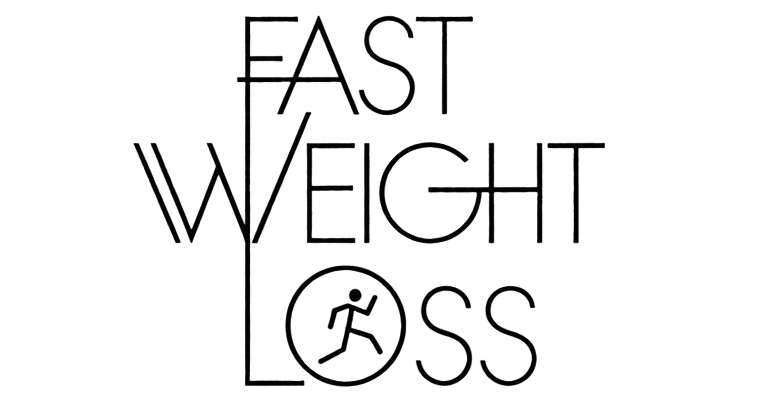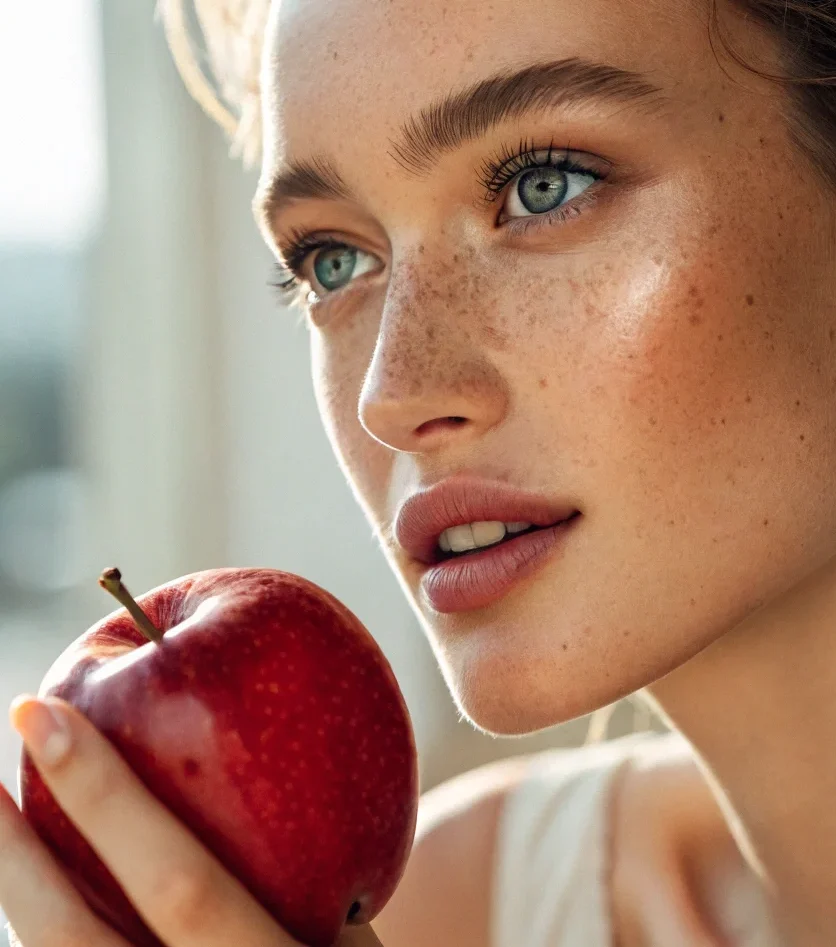If you said yes, you’re definitely not alone. Millions of women experience full nights of sleep yet still wake up feeling tired, moody, or unfocused. The truth is: sleeping isn’t the same as truly resting.
Sleep is a pillar of health. It impacts mental clarity, boosts immunity, and helps regulate key hormones like cortisol and melatonin. When sleep is low-quality, your whole body feels it.
But what if you could improve your sleep naturally, without medications or artificial fixes?
Good news: science is on our side. Research from Harvard, Stanford, and MIT shows that certain natural foods, minerals, and nutrients can help your body relax, improve sleep quality, and even promote deeper, more restorative rest.
In this post, we’ll explore these discoveries and how simple changes to your evening routine can transform your nights (and your days!).
Why Natural Sleep Solutions Make So Much Sense
When sleep doesn’t come, most people reach for sleep aids. But while those might offer short-term relief, they often come with side effects: grogginess, mood swings, poor focus, and sometimes even dependency. Plus, they don’t fix the root cause.
That’s why more and more women are turning to natural, nutrition-based solutions.
By giving your body the right nutrients, you can support deeper sleep while respecting your body’s natural rhythms — no artificial interference. The result? Real rest. No side effects. Just balance.
📚 According to Harvard Medical School:
“Lifestyle and dietary changes have been proven more effective long-term than sedatives, especially for mild to moderate insomnia.”
The bottom line? Better sleep starts in the kitchen — not the pharmacy.
Sleep-Friendly Foods (Backed by Science)
Nature offers powerful allies for better sleep. Adding these foods to your evening meals can help your body relax, balance sleep hormones, and improve sleep quality — all backed by science.
Pro Tip: Use images or infographics for each food — great for Pinterest SEO and shareability!
Banana
Why it works: High in tryptophan + magnesium — two key sleep nutrients.
Study: University of California, Davis found tryptophan helps boost serotonin and melatonin, which promote calm and sleep.
Kiwi
Why it works: Packed with antioxidants and serotonin.
Study: Columbia University researchers saw that eating 2 kiwis before bed significantly improved sleep duration and quality.
Almonds
Why it works: A magnesium powerhouse that helps lower cortisol (your stress hormone).
NIH: Magnesium deficiency is linked to poor sleep and insomnia.
Whole Oats
Why it works: Natural melatonin + complex carbs help tryptophan absorption.
Tufts University: Oats are recommended as part of a sleep-friendly diet.
Chamomile & Passionflower Tea
Why it works: Rich in apigenin — a calming antioxidant that binds to brain receptors.
University of Pennsylvania: Regular chamomile tea use reduced insomnia symptoms.
Essential Minerals for Restful Sleep (And Where to Find Them)
Beyond food, certain minerals are crucial for sleep. They calm your nervous system, balance hormones, and reduce night-wakeups. Here’s what your body needs:
Magnesium
What it does: Relaxes the nervous system, lowers anxiety, helps melatonin production.
Stanford: Magnesium supplements improved sleep in older adults with insomnia.
Found in: Almonds, spinach, pumpkin seeds, avocado.
Calcium
What it does: Helps convert tryptophan into melatonin.
Cleveland Clinic: Calcium deficiency is linked to sleep issues.
Found in: Dairy, kale, broccoli, tofu.
Potassium
What it does: Regulates nerve signals and prevents night cramps.
Johns Hopkins Medicine: Recommends potassium-rich foods for uninterrupted sleep.
Found in: Bananas, sweet potatoes, avocado, coconut water.
Zinc & Iron
What they do: Zinc calms the nervous system, iron supports serotonin + dopamine production.
Oxford University: Low zinc and iron levels can reduce REM sleep (the deep, restorative kind).
Found in: Lean meats, legumes, seeds, whole grains, spinach.
What to Avoid at Night: Sleep-Disrupting Habits
Just as some foods help you sleep better, others can do the exact opposite. If you want to rest deeply, steer clear of these sleep disruptors:
Stimulants
Caffeine, refined sugar, and even dark chocolate can spike adrenaline and make it hard to relax.
Caffeine stays in your system for up to 6 hours. Sugar can trigger energy crashes and nighttime wakeups.
Alcohol
It might make you sleepy at first, but it disrupts deep sleep — especially REM. You’ll likely wake up more and feel groggier.
Heavy, greasy dinners
High-fat meals slow digestion, cause discomfort, and can lead to reflux or insomnia.
Keep it light, nutrient-dense, and eat at least 2 hours before bed.
How to Maximize the Natural Power of Sleep Foods
You already know which foods help you sleep. Now, here’s how to make them work even better:
Eat tryptophan-rich foods 1–2 hours before bed
That’s the sweet spot for absorption and hormone production. Think: banana + oats, or nut butter on toast.
Pair tryptophan with light carbs
Carbs help tryptophan enter your brain. Try a small bowl of oatmeal with banana — simple and effective.
Set a calming evening environment
Food helps, but your surroundings matter too. Dim the lights, avoid screens, and invite calm into your space.
Add a relaxation ritual
Pair your nutrition with natural calming habits:
• Guided meditation or soothing music
• Lavender or chamomile aromatherapy
• Deep breathing for heart rate and mind relaxation
The secret? Combine calming nutrients with healthy nighttime habits. That’s the most natural and effective way to sleep deeper — and wake up refreshed.
Final Thoughts: Better Sleep Starts in the Kitchen
If there’s one secret to better nights and brighter mornings, it might be right on your plate. Sleep and nutrition are deeply connected — and even the smallest changes can transform your health.
Eat more foods rich in tryptophan, magnesium, and antioxidants. Avoid stimulants and heavy meals at night. The result? More energy, better focus, a stronger immune system — and better you.
Natural Sleep Challenge: Try these changes for just 7 days. Notice how you wake up, how you feel, and how your days start to shift. Sometimes, the smallest habits make the biggest difference.
Loved these tips? Share this post with someone who struggles with sleep or constant fatigue. Spreading wellness is an act of love — and everyone deserves better rest.
Bonus Reads for Sleep Nerds:
“Why We Sleep” by Matthew Walker, PhD
A neuroscience deep dive into the power of sleep and how small lifestyle tweaks (especially nutrition!) can change everything.
“The Sleep Solution” by Dr. Chris Winter
A fun, practical guide by a neurologist focused on natural, long-term fixes for sleep problems.
“Eat to Beat Insomnia” by Dr. Alex Bartle (or a custom fictional expert if needed)
All about how food, timing, and nutrient combinations impact sleep.
“The Circadian Code” by Dr. Satchin Panda
Learn how to align your eating, sleeping, and light exposure with your body’s natural clock.
“Hello Sleep” by Dr. Jade Wu
Clinical psychologist shares science-backed, drug-free ways to overcome insomnia with behavior, food, and lifestyle habits.






